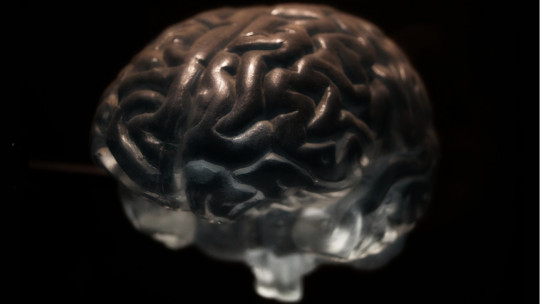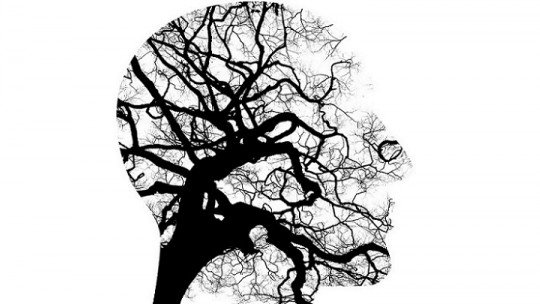Perhaps you are considering the option of starting a psychotherapeutic process—or perhaps someone close to you is considering it—and many doubts have arisen in relation to the different options. If this has happened to you, it is completely normal since in psychology there are many theoretical models from which to propose a therapeutic approach.
Each theoretical framework entails a very specific way of understanding and intervening. Is there one better than the other? It is a complex question that we could answer with “it depends on what you want to work on.” In this article we delve into the benefits of psychodynamic therapy. To do this, we will start by briefly explaining what it is.
Introduction to psychodynamic therapy
Psychodynamic therapy is a branch of psychology that bases its foundations mainly on the psychoanalysis proposed by Freud. However, it also incorporates important proposals made by other authors such as Jung, Klein, Lacan, Adler, Rank and Fromm, among others.
So, Unlike other theoretical approaches, psychodynamic therapy focuses mainly on the study and understanding of the unconscious. Likewise, it aims to understand the importance that past experiences, especially those that took place in childhood, are interfering in the emotions, thoughts and behaviors that occur today.
Classical psychoanalysis, proposed by Freud, has diversified throughout history. The psychodynamic approach is characterized by being shorter and focusing on the person’s current problems—always taking unconscious processes into account. Techniques such as free association, work with defense mechanisms and interpretation, among others, are used.
Emotional and psychological benefits of psychodynamic therapy
It is important that each person becomes aware of what their objectives are when starting a therapeutic process. This will allow you to analyze the various approaches and decide which may be most suitable for your needs. The most frequently observed benefits of psychodynamic therapy are listed below.
Greater understanding of oneself today
Since psychodynamic therapy emphasizes understanding the problematic situations that currently occur, the person will become aware of their emotional, mental and behavioral processes.
Awareness about the importance of childhood
By focusing on understanding unconscious processes, childhood, the established dynamics and the learning – conscious or not – that occurred during this stage are vigorously explored. Without a doubt, early experiences have an impact on a person’s development.
Attention and resolution of internal conflicts
Being able to look inward, explore and better understand one’s own history allows people to address and resolve internal conflicts that generate discomfort, suffering and symptoms.
Modifying certain patterns
By realizing the unconscious internal processes and the impact they generate on the person’s daily life, it is more likely that certain changes can occur. By resolving certain internal conflicts, certain behaviors, emotions and thoughts can be modified.
Reduction of symptoms
As the process progresses, self-knowledge increases and the way of accompanying oneself becomes more and more healing, the symptoms reduce their intensity. In fact, It is likely that by understanding the root of the problems, they can disappear.
Increased self-acceptance
Having a greater understanding of the impact that lived experiences have generated on development is crucial to being able to accompany oneself with compassion. This process, without a doubt, promotes self-acceptance as well as validation and respect for one’s own person.
Improvement of interpersonal relationships
All the changes produced at the individual level are usually also reflected in the rest of the areas of a person’s life. Having a greater understanding of one’s own internal world encourages the establishment of interpersonal relationships in which one’s limits and needs can be communicated assertively. Besides, Understanding your own dynamics can help you relate differently to other people.
Observed long-term benefits
In the same way that the previously mentioned objectives depend on the person who carries out the process, the same thing happens with the benefits that have been observed in the long term. However, One of the points that stands out the most is the duration of the established changes. It is considered that as they are derived from deep self-knowledge, they are more durable and stable.
Furthermore, people can continue to apply the tools and strategies learned during the psychotherapeutic process both to continue developing at an individual level and to be able to face new challenges that may arise. The person learns to sustain their own emotional states and make decisions consciously.
On the other hand, it is also considered that by treating problems “at the root”, that is, understanding their initial cause and the impact generated at an unconscious level, the changes are stable and, consequently, the risk of relapses is lower. Likewise, it is considered that the tendency to self-sabotage is also lower after the psychodynamic psychotherapy process.









